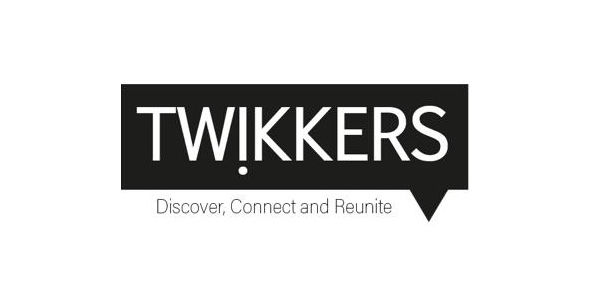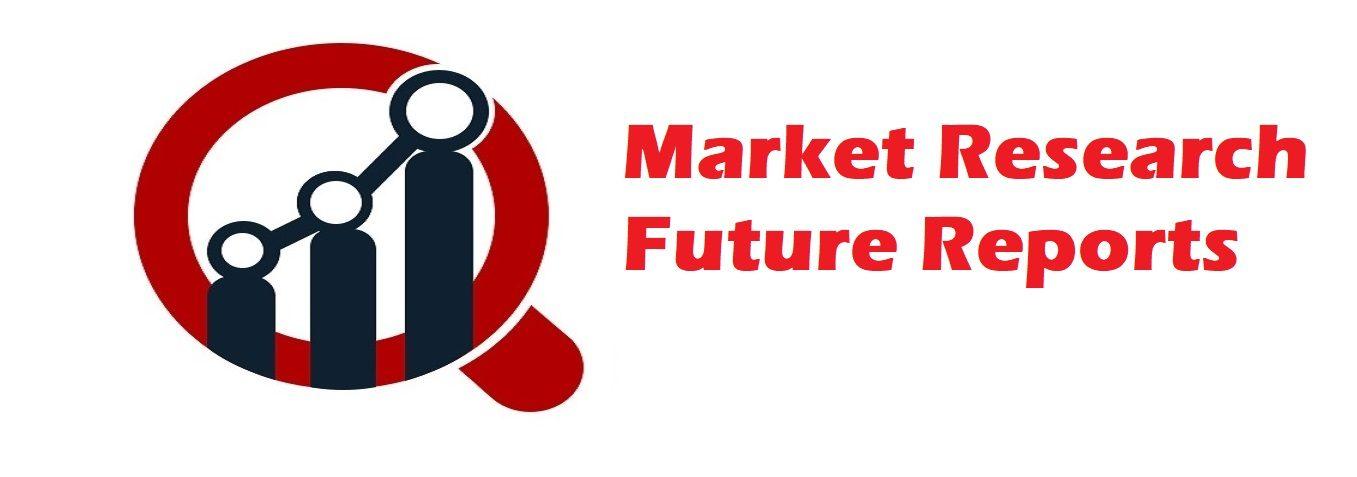The Healthcare Cyber Security Market, encompassing a broad spectrum of protective solutions and services, is witnessing a significant surge in size and importance. Let's delve into the market's dimensions, trends, and analysis to understand its evolving landscape.
The Healthcare Cyber Security Market Size reflects the escalating demand for safeguarding sensitive medical data against cyber threats. With the proliferation of electronic health records (EHRs) and interconnected medical devices, the market is witnessing substantial growth. According to recent studies, the global healthcare cybersecurity market is projected to reach unprecedented heights, surpassing previous estimates. Factors such as the increasing frequency and sophistication of cyber attacks targeting healthcare organizations, coupled with stringent regulatory mandates for data protection, are driving this expansion. Industry analysts anticipate a compounded annual growth rate (CAGR) that underscores the market's resilience and relevance in safeguarding patient privacy and healthcare infrastructure.
In the dynamic landscape of healthcare cybersecurity market share analysis offers insights into the competitive positioning of key players and their strategies for addressing evolving threats. Established cybersecurity firms alongside niche players are vying for a larger slice of the market share by offering tailored solutions that align with the unique needs of healthcare providers. Factors such as the breadth of offerings, innovation in threat detection and response, and strategic partnerships with healthcare institutions influence market share dynamics. Moreover, the increasing emphasis on interoperability and integration with existing healthcare IT systems is reshaping market share distribution, with adaptable solutions gaining prominence.
A comprehensive Healthcare Cyber Security Market Analysis delves into various facets shaping the industry's trajectory. One of the primary drivers analyzed is the escalating frequency and sophistication of cyber threats targeting healthcare organizations. From ransomware attacks crippling operations to data breaches compromising patient confidentiality, the repercussions of inadequate cybersecurity measures are profound. Consequently, healthcare providers are ramping up investments in robust cybersecurity solutions encompassing threat intelligence, encryption technologies, and access controls. Moreover, regulatory frameworks such as the Health Insurance Portability and Accountability Act (HIPAA) mandate stringent data protection measures, further propelling market growth. However, challenges such as resource constraints, legacy infrastructure vulnerabilities, and the evolving threat landscape necessitate a proactive approach to cybersecurity posture assessment and enhancement.
Amidst the evolving healthcare cybersecurity landscape, discernible trends are shaping the market's trajectory. One prominent trend is the increasing adoption of artificial intelligence (AI) and machine learning (ML) algorithms for threat detection and response. These technologies empower healthcare organizations to identify anomalies, predict potential threats, and automate incident response, thereby bolstering cyber resilience. Additionally, the proliferation of telemedicine and remote patient monitoring solutions is driving demand for cybersecurity solutions tailored to safeguarding virtual care platforms and patient data transmitted over networks. Furthermore, the emergence of blockchain technology for ensuring data integrity and secure healthcare data exchange presents a promising avenue for innovation in cybersecurity solutions. As healthcare organizations navigate the complexities of digital transformation, staying abreast of these trends is imperative for fortifying their cybersecurity posture and safeguarding patient trust.
Browse Related Reports:
For More Information, Please Visit @ Market Research Future

